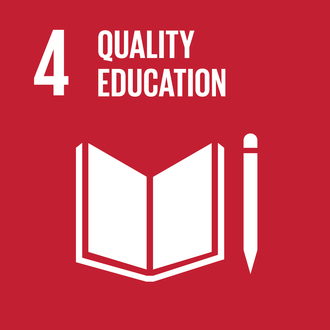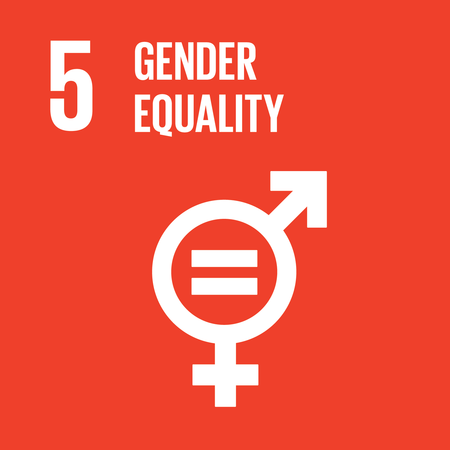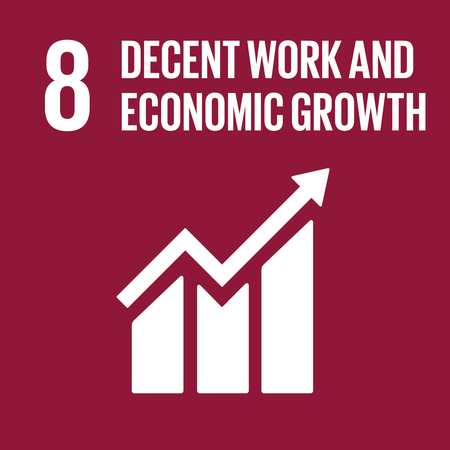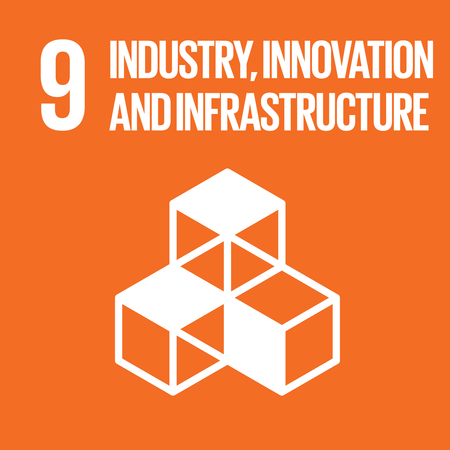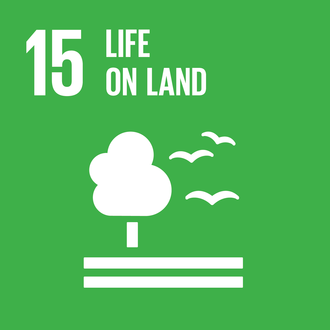What ESG means to us
What ESG means to us?
ESG is integrated into every part of our business. We want to change the world for the better and strive to do business the “right” way. For us, this means considering a wide range of stakeholders when making decisions, including our customers, shareholders, employees, the community, and the environment. We pride ourselves in being closer to our assets and in turn our investors are closer to the assets.
Our core impact goal is to accelerate the transition to net zero through our investments into building and operating a diversified portfolio of renewable energy assets. By channelling capital towards sustainable outcomes that mitigate climate change, we aim to contribute to international efforts to limit the global temperature in this century to below the Paris Agreement’s target of 2 degrees.
This impact objective is clearly defined and aligned to our investment strategy. The assets generate renewable energy which in turn generates a yield. The renewable energy generated supports the transition to net-zero by replacing unsustainable energy sources with clean power.
We measure progress against our core impact objective through ESG Key Performance Indicators (KPIs). These include: amount of funding committed into renewables, gigawatt hours (GWh) of renewable electricity generated and tonnes of carbon avoided.
We embed ESG considerations into our investment processes, seeking opportunities where possible to implement initiatives that enhance the environment and communities we operate in.
Our ESG approach: Performance, Planet, and People
In support of our impact ambitions, Octopus Investments Australia has developed an ESG and Impact strategy which is based around three pillars: Performance, Planet, and People.
This framework embeds ESG risk factors and considerations into investment processes, asset management and reporting, which is reflected in our ESG policy, reviewed annually by the Board of Directors. This enables us to measure and track the positive impact its investments have for investors, the environment, and society.
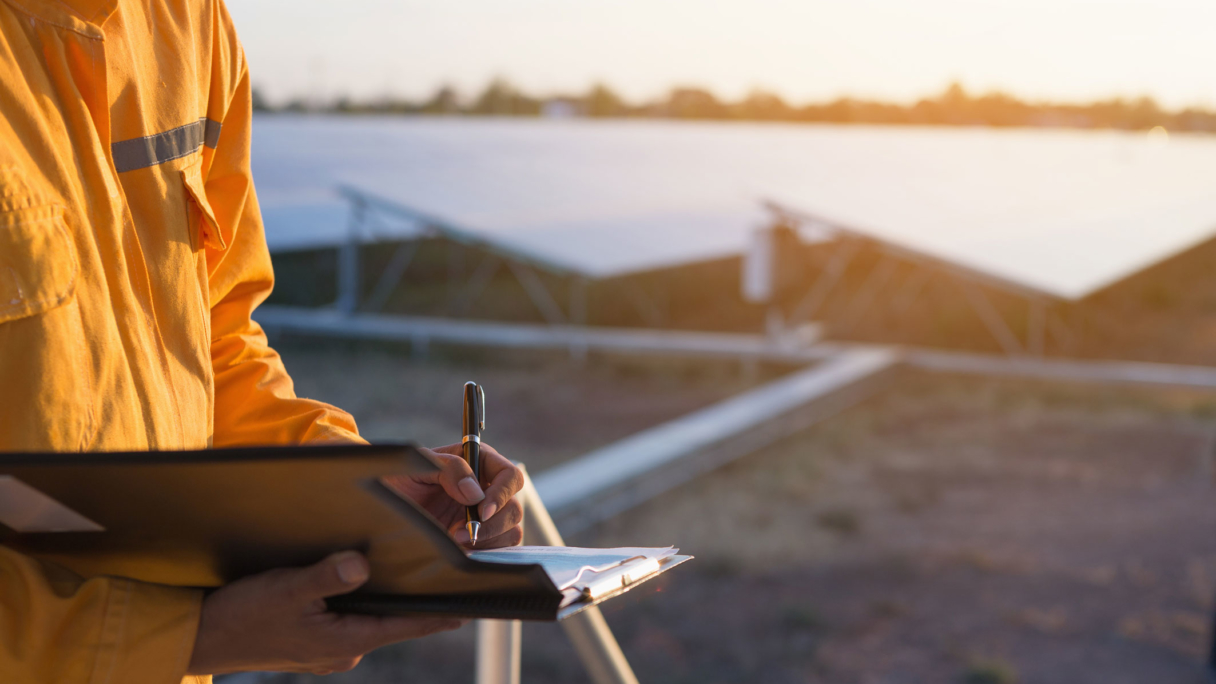
Performance
Build and operate a diversified portfolio of renewable energy assets, mitigating the risk of losses through robust governance structures, rigorous due diligence, risk analysis and asset optimisation activities to deliver investment return resilience.
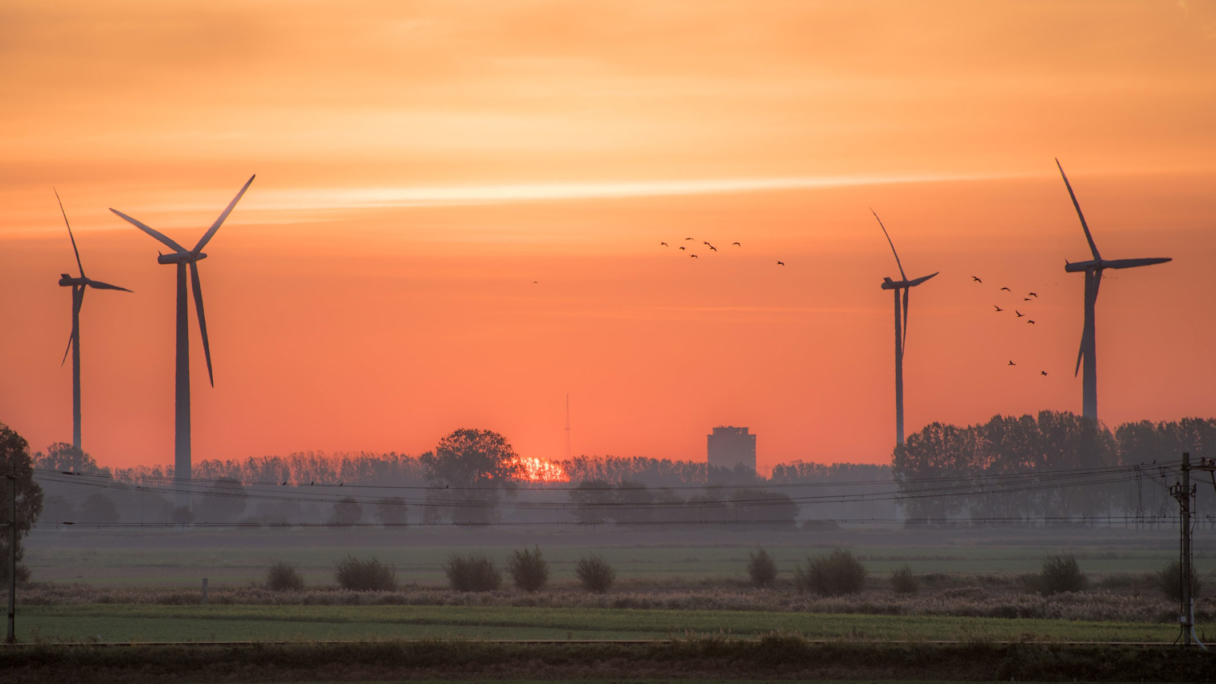
Planet
Consider environmental factors to mitigate risks associated with the construction and operation of assets, enhancing environmental potential where possible.
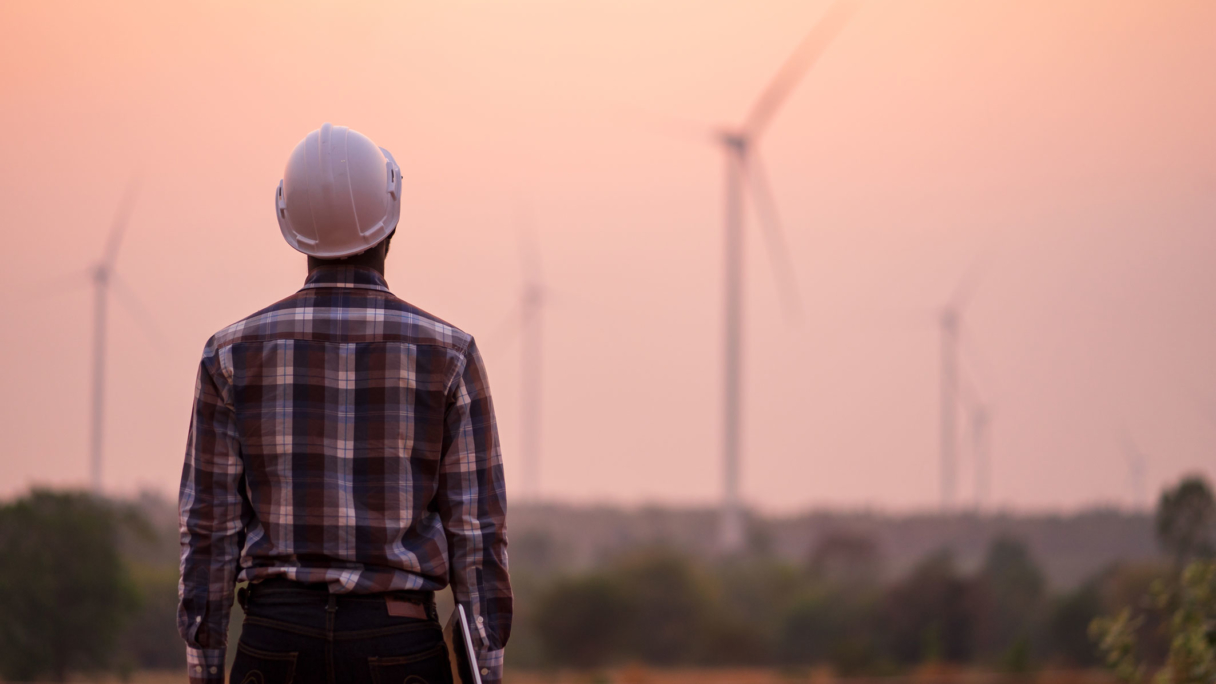
People
Evaluate social considerations to mitigate risks and promote a ‘Just Transition’ to clean energy.
ESG Metrics
Net Energy Produced (MWh)
2,145,671 (MWh)
CO2 avoided (tCO2)
1,385,384
Trees planted
6,810,068
Homes Powered per year
359,781
Cars displaced
646,497
Related Policies
In addition to a fund-specific ESG Policy, Octopus Group has a number of policies and processes that support our commitment to ESG matters, including an ESG policy, equal opportunities policy, modern slavery policy, whistleblowing policy and conflicts policy. The Octopus Group Responsible Investment Committee monitors fund management teams’ adherence to the Group and fund policies.
ESG Reporting
We embrace sustainable finance regulatory frameworks and report our impact in line with the UN Sustainable Development Goals (SDGs) with carefully chosen Key Performance Indicators (KPIs).
The UN SDGs aim to create a better future for all by helping to end extreme poverty, fighting inequality and injustice, and protecting our planet by 2030. These SDGs have become part of the universal language for reporting on the impact of investments.
We’re proud that our investments contribute directly to the UN SDGs 7, 11 and 13. With investor support, impact initiatives also enable us to contribute to a broader and deeper set of UN SDGs.
Core SDGs:
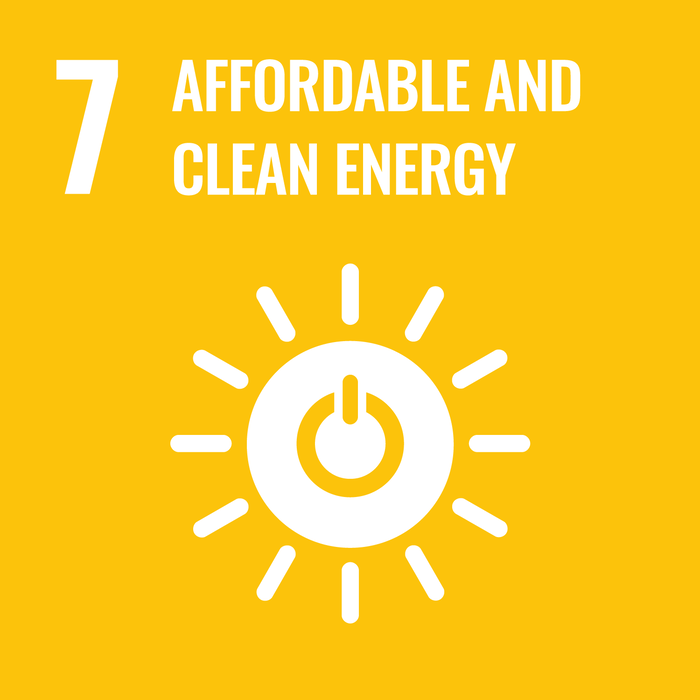
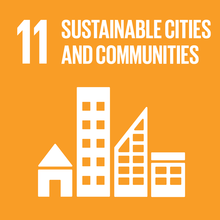
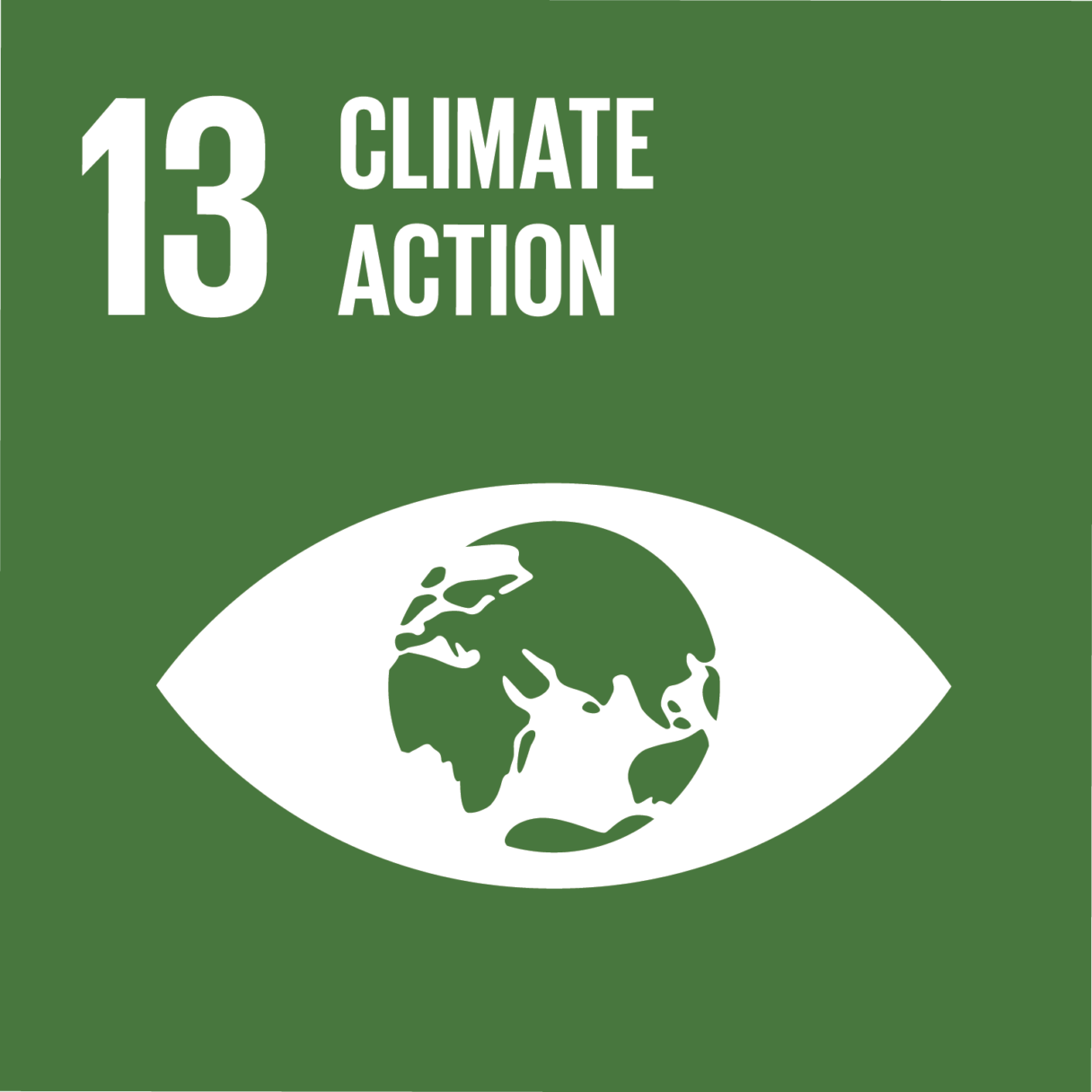
On top of our own processes, we also strengthen, authenticate and measure our progress through the following globally recognised external ESG related standards:
PRI Reporting – Octopus Group is a UNPRI signatory, demonstrating its commitment to responsible investment, and places Octopus Group at the heart of a global community seeking to build a more sustainable financial system. The PRI is a voluntary framework concerned with the incorporation of ESG considerations into the investment decision making process. It provides a basis for potential and existing investors to judge the quality of a company’s ESG processes and positioning within an industry sector. Octopus Group is a PRI signatory, demonstrating its commitment to responsible investment and placing Octopus Renewables at the heart of a global community seeking to build a more sustainable financial system.
TCFD Report – Whilst renewables represent a climate solution, it is not exempt from the potential impacts of climate change. We recognise that a number of climate-related risks and opportunities may have a material impact on the performance of the funds that we manage. As such, we support the recommendations of the TCFD.
Modern Slavery
Octopus Australia has the utmost respect for human rights and is committed to seeking out and addressing any modern slavery risks we have influence over. We recognise that we can affect human rights not just in our own business operations but in our wider supply chain, both internationally and in Australia.
As such, the Octopus Australia Board has approved an Anti-Modern Slavery Policy which sets out our commitment to developing and implementing policies and procedures to better understand, assess and manage modern slavery risks in our operations and supply chain.
Our Anti-Modern Slavery Policy includes six key objectives, which are broken down in a separate ‘Action Plan’ into targets with individual owners and timelines. Our recently established internal ‘Modern Slavery Group’ meets regularly to discuss issues as they arise and to ensure that we are progressing with our Action Plan targets. The Group comprises a cross-section of people from across our Australian business, including development, construction and operations, finance, and legal.
Octopus Australia is also part of the Clean Energy Council’s ‘Modern Slavery Working Group’ which meets periodically to discuss issues the renewable energy industry is facing, how to address them and to share experiences.
Octopus Australia has recently signed up to the CEC’s Modern Slavery pledge, as follows:
In recognition of the global prevalence of modern slavery and risks for the rapidly developing renewable energy sector, the Clean Energy Council and the undersigned members (‘we’, ‘us’ or ‘our’) declare our corporate responsibility to respect human rights.
Our common purpose is to work towards our operations and supply chains being free of adverse human rights impacts, including modern slavery. We each commit to:
- Adopt adequate procedures to manage the risk of modern slavery in our operations and supply chains.
- Take into account modern slavery risk when selecting and managing suppliers.
- Seek to contractually oblige our suppliers to have in place adequate procedures to manage their modern slavery risk.
- Build awareness of modern slavery risks in the various forms of clean energy.
- Collaborate with Clean Energy Council members, suppliers and other relevant third parties on fulfilling each of the above commitments, in accordance with competition laws.
Octopus Australia does not yet meet the threshold that legally requires us to report under the Modern Slavery Act 2018 (the Act), however our objective is to ensure we voluntarily comply with the Act by 30 April 2023.
